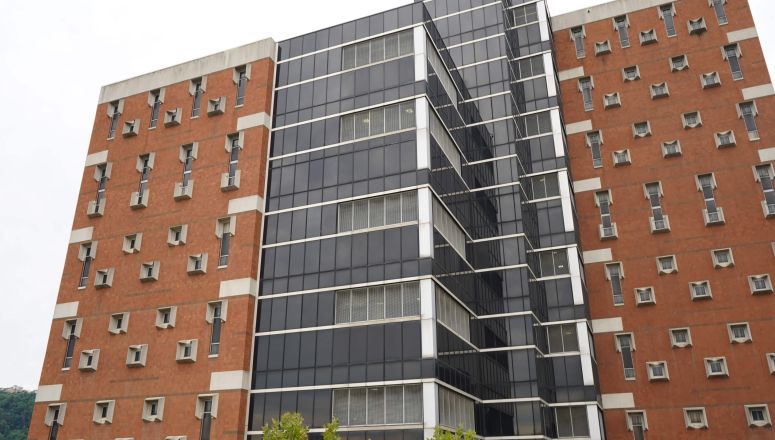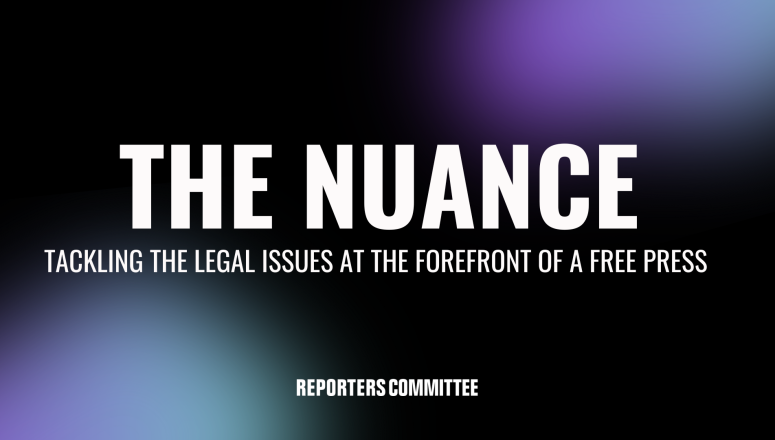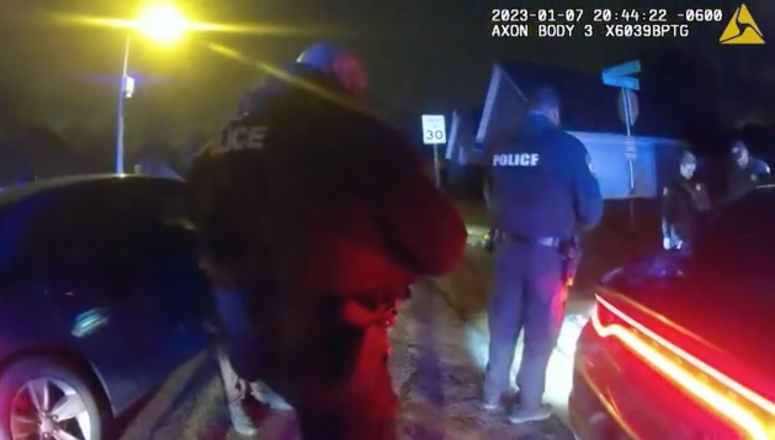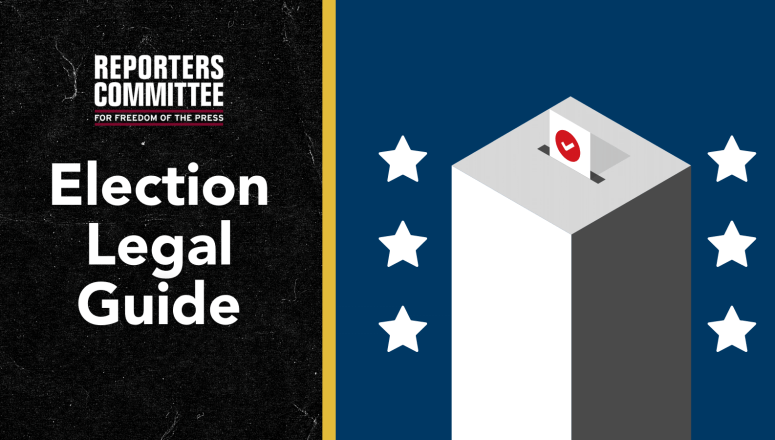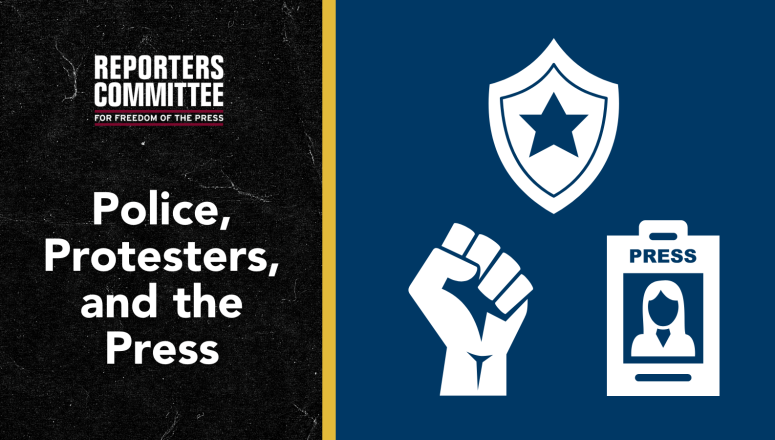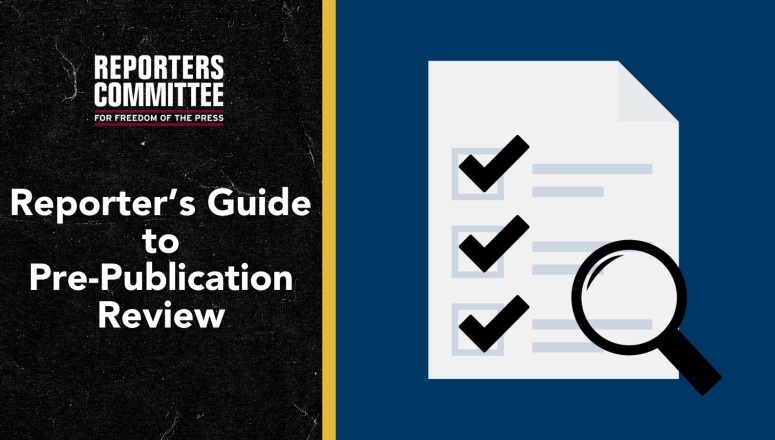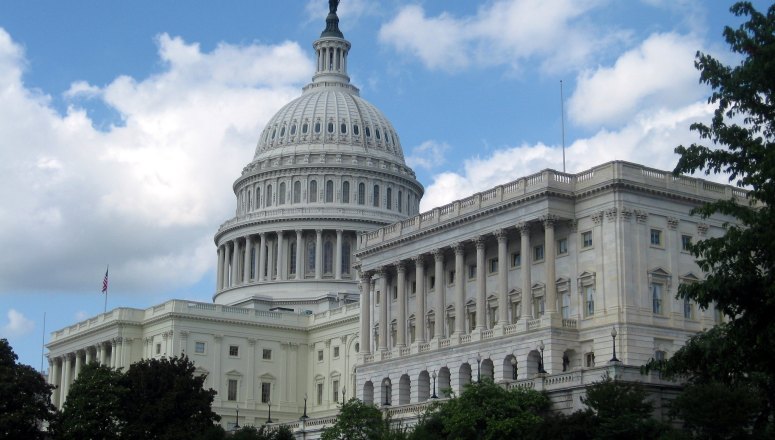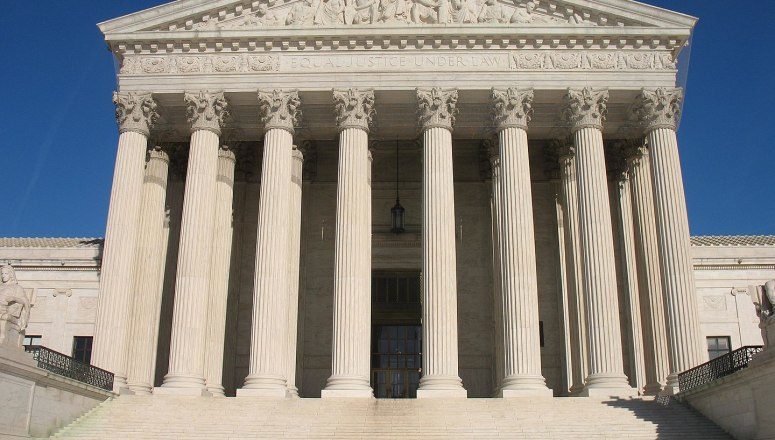Home
Preserving our free press.
Journalists tell the stories that affect our lives — in the face of government secrecy, misinformation campaigns, and even physical violence. When your right to information is threatened, the Reporters Committee is there — filing legal briefs, standing up to legal bullying, and going to court to support the public’s right to know. And we do it all for free. Donate today to defend our free press.
DONATE NOW
